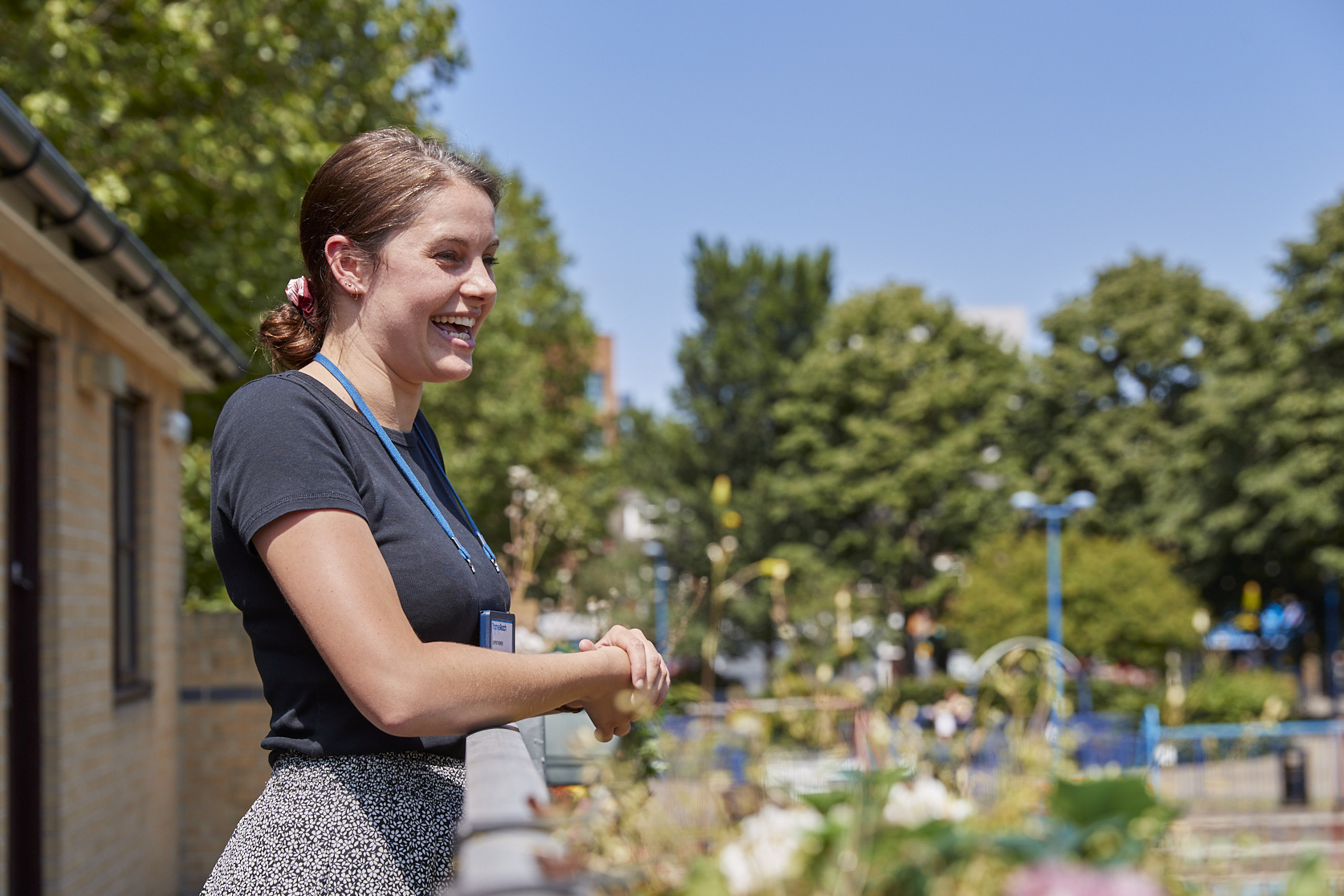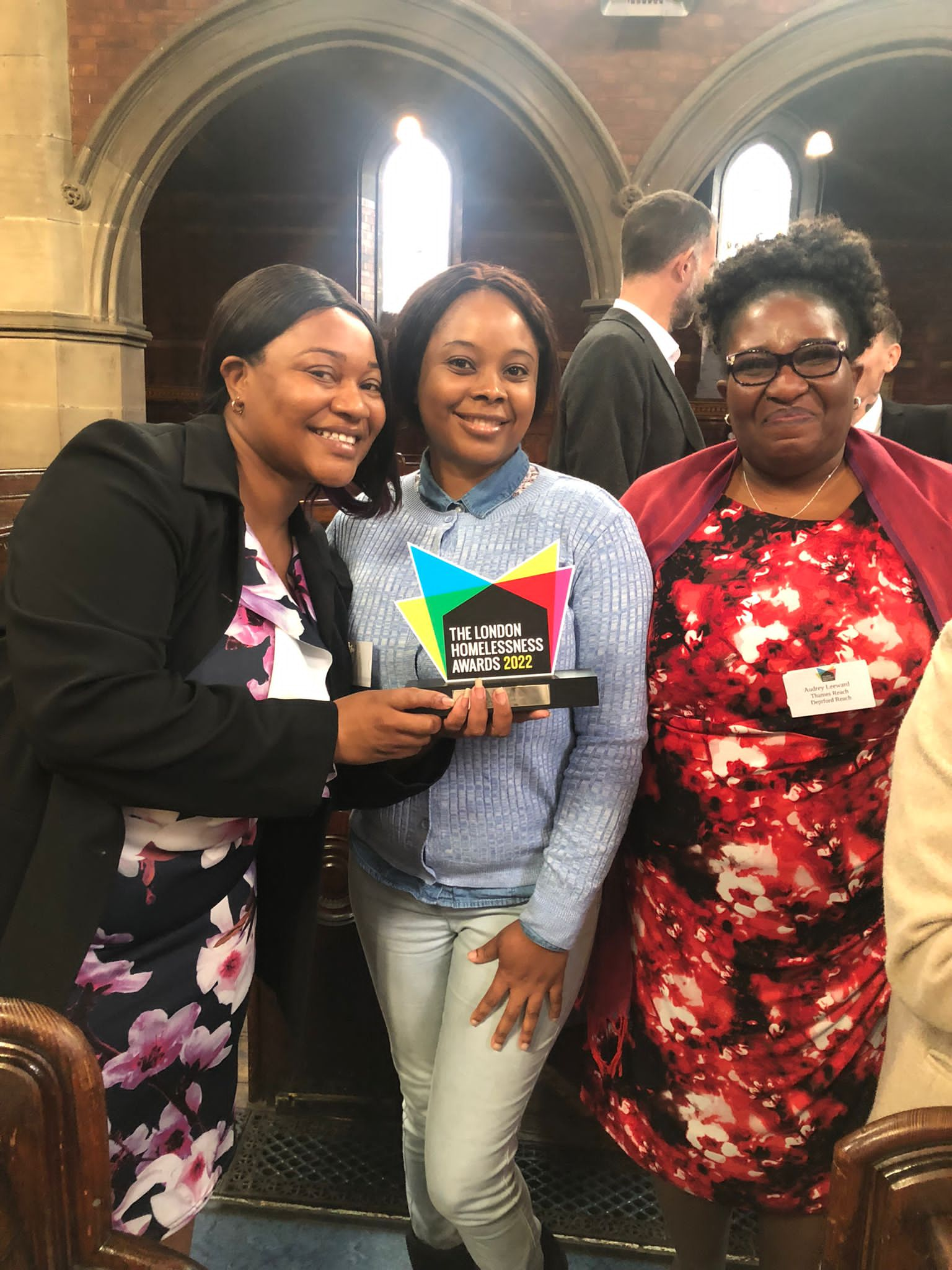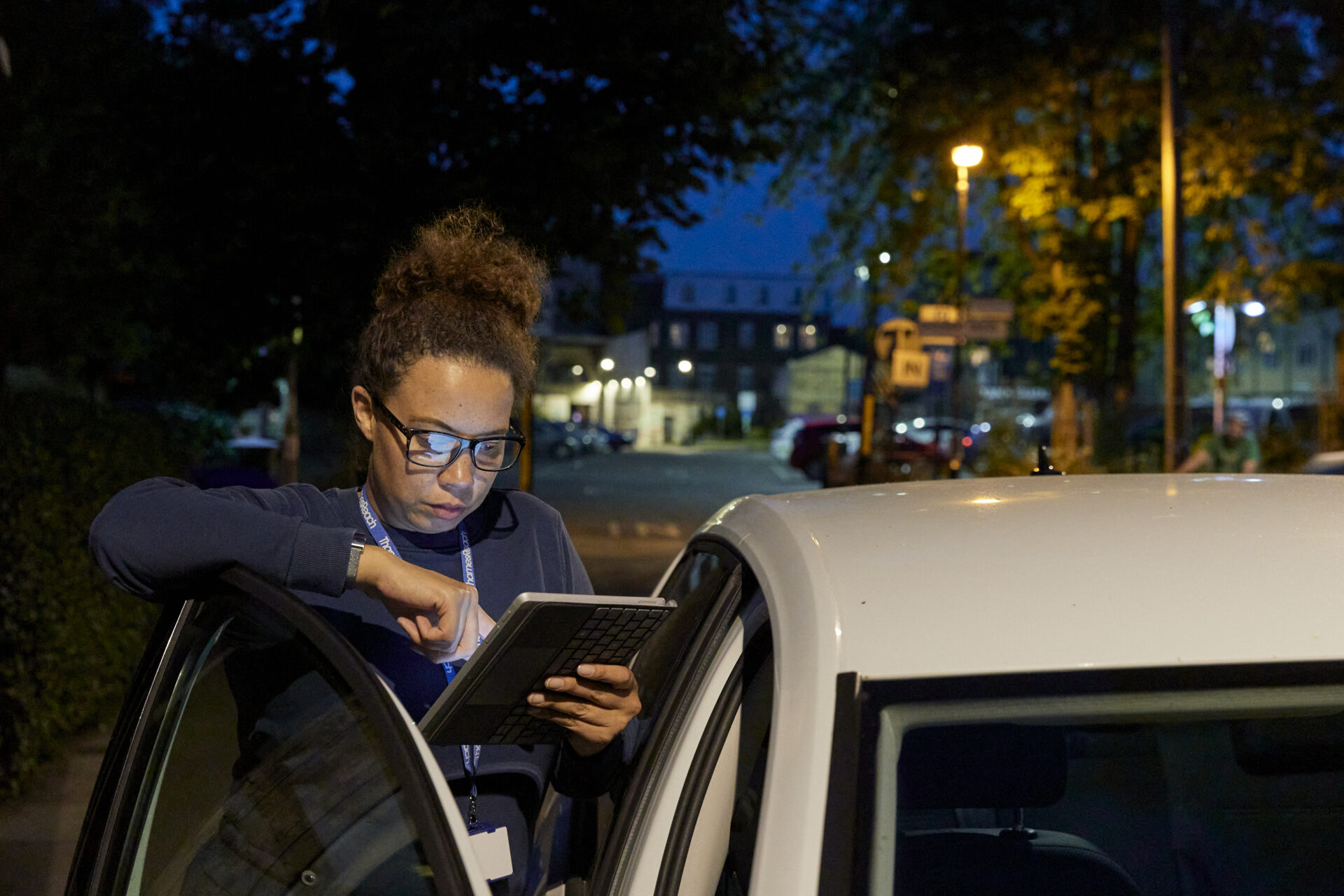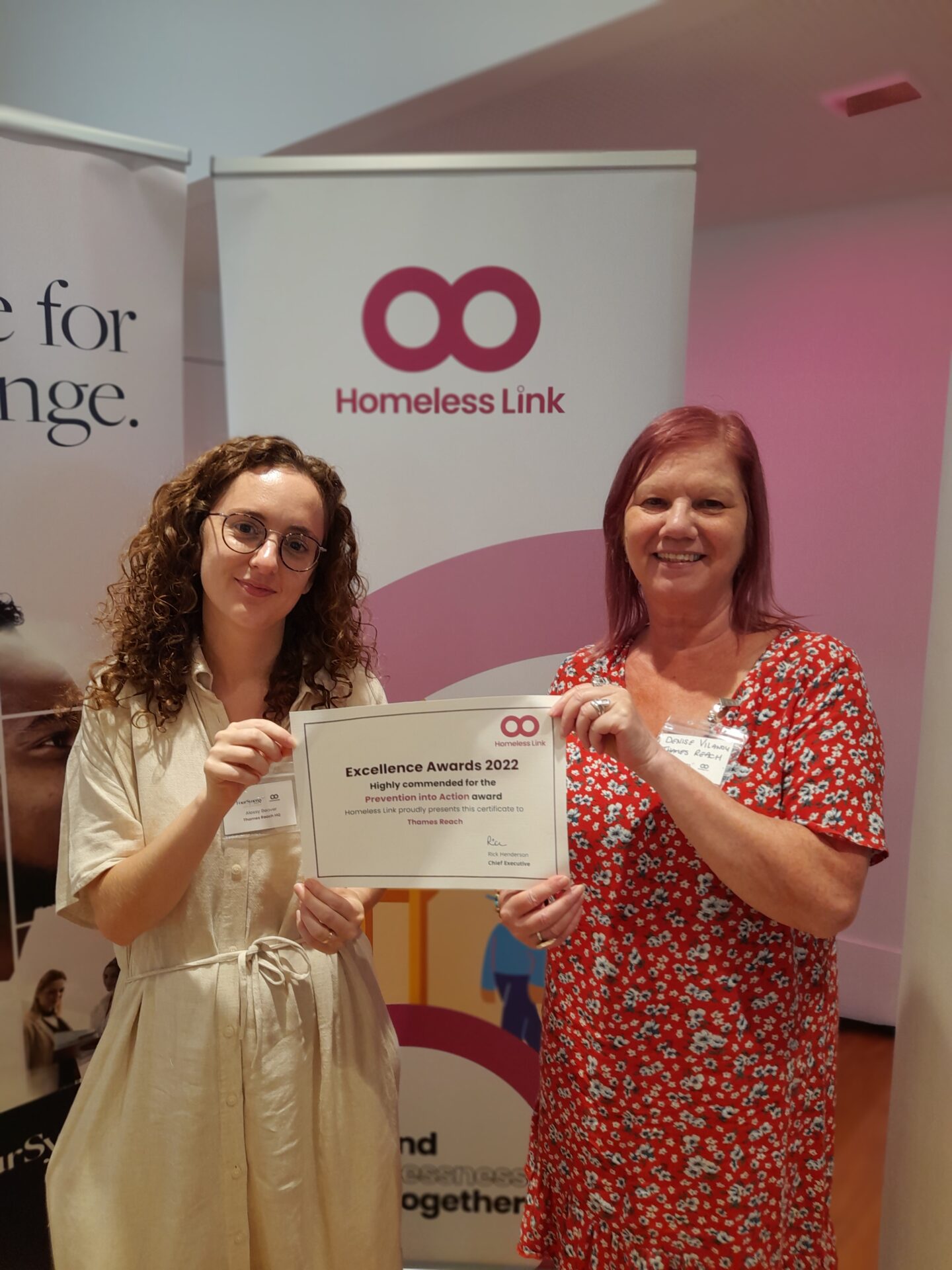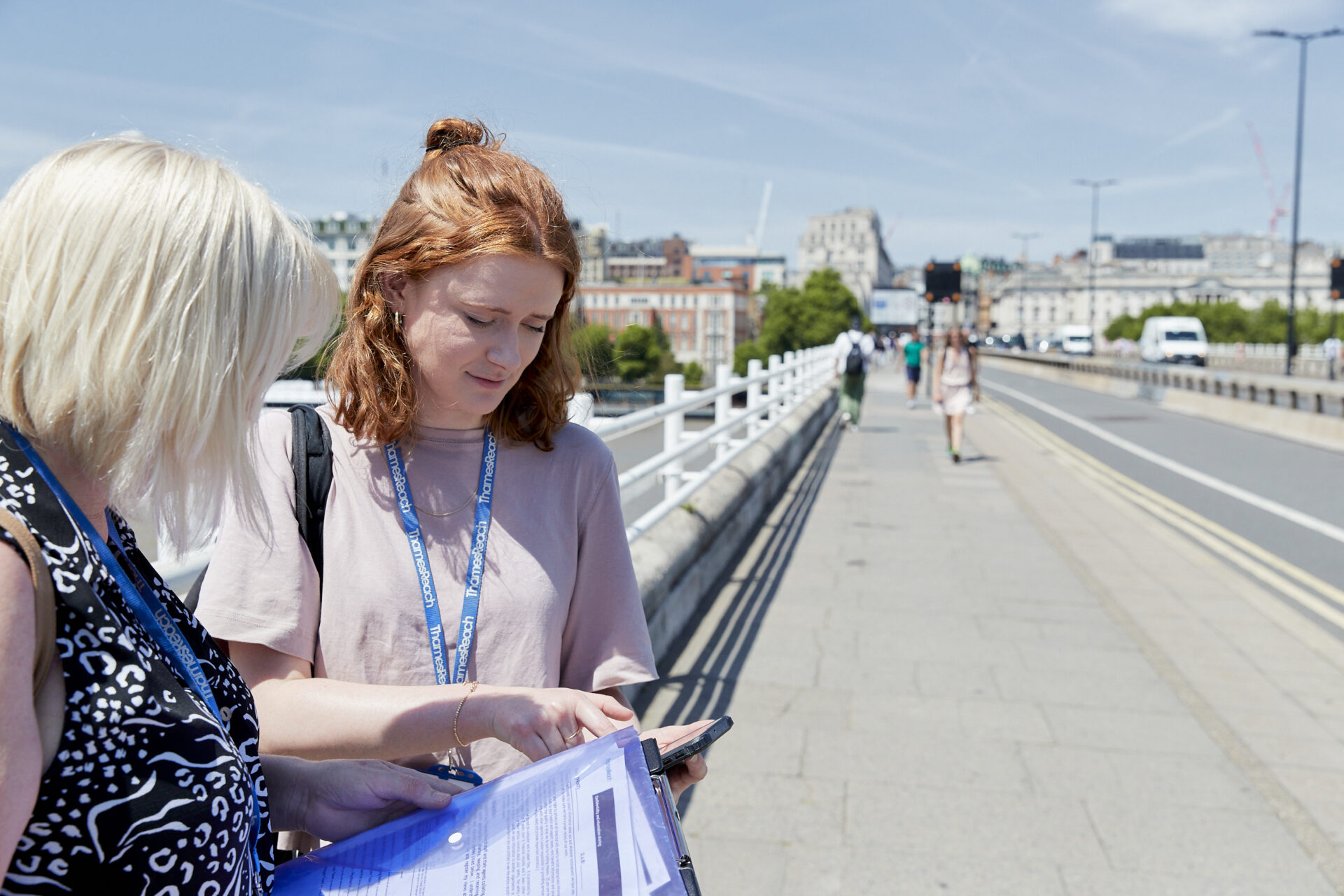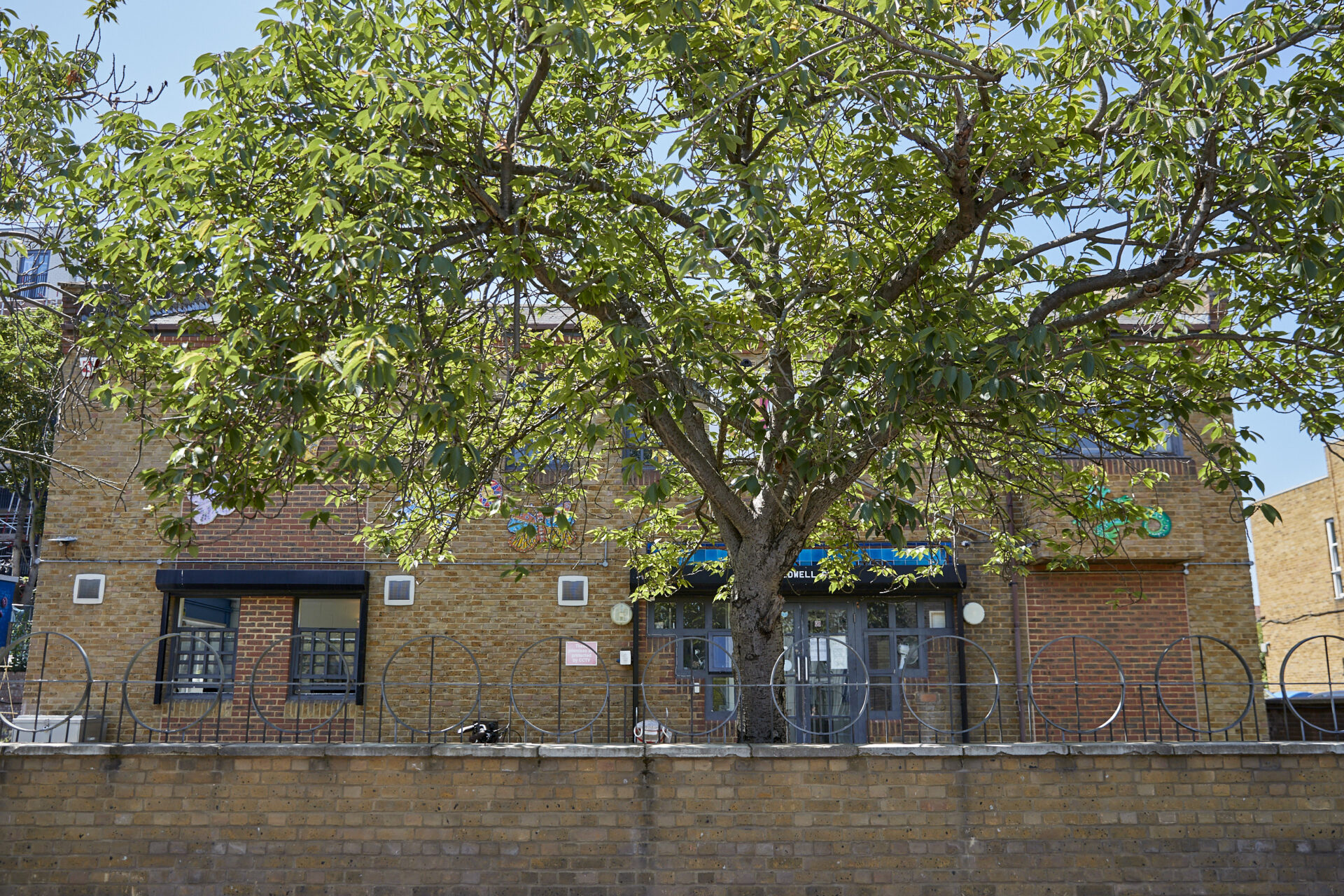New rough sleeping figures show a worrying increase in demand for homelessness services
Our Chief Executive, Bill Tidnam, breaks down the new figures on homelessness released today by City Hall
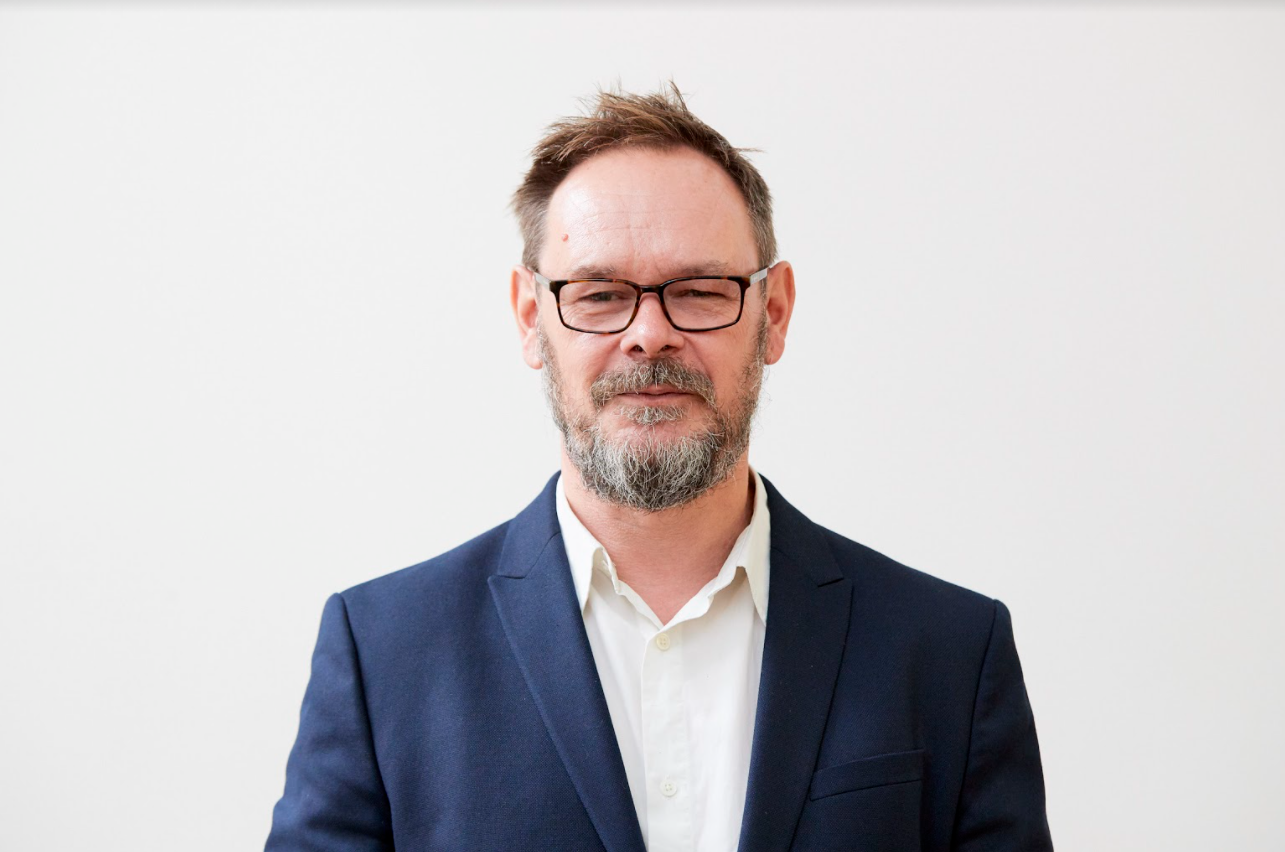
“New figures released by City Hall today show a worrying increase in people sleeping rough across all groups recorded, with the most significant increase in people sleeping rough for the first time, and non-UK citizens experiencing street homelessness. The data covers the period June to September, so before much of the increase in costs of living, which are likely to have a particular impact on people who receive benefits and are on low incomes, and on people who are moving away from street homelessness.
“The reasoning behind this increase is complex and will depend on the individual’s situation, but increasing pressure on the housing market has meant that private renting has become more expensive and precarious. The capping of benefits has also added to this pressure, particularly in London, where this means that much of the capital is unaffordable to people on benefits.”
Numbers increasing for the second quarter in a row
“A 33% increase in new people coming to the streets is a real concern. Our prevention services have been working with people in the community who are at risk of street homelessness as a result of low-quality housing and employment, immigration status or mental health support needs compounded by increasing costs, but we need to make sure that these services are funded and expanded to engage with people as early as possible to avoid the trauma of street homelessness.”
Numbers of non-UK citizens sleeping rough increasing
“The challenges facing people with limited or unclear eligibility and no recourse to public funding are not going away. We call on the government to continue reviewing their stance on non-UK citizens, so we can support people in a range of situations to get back into employment, secure their immigration status and move away from street homelessness.
“While we are all noticing the changes and strains under the current crisis, the same issues we have noticed for years remain the key issues in tackling homelessness: access to housing that is good quality, secure and affordable; employment; mental health support; substance use treatment, immigration advice and prevention measures. This includes direct engagement with different communities who may not feel comfortable accessing homelessness services themselves.”

